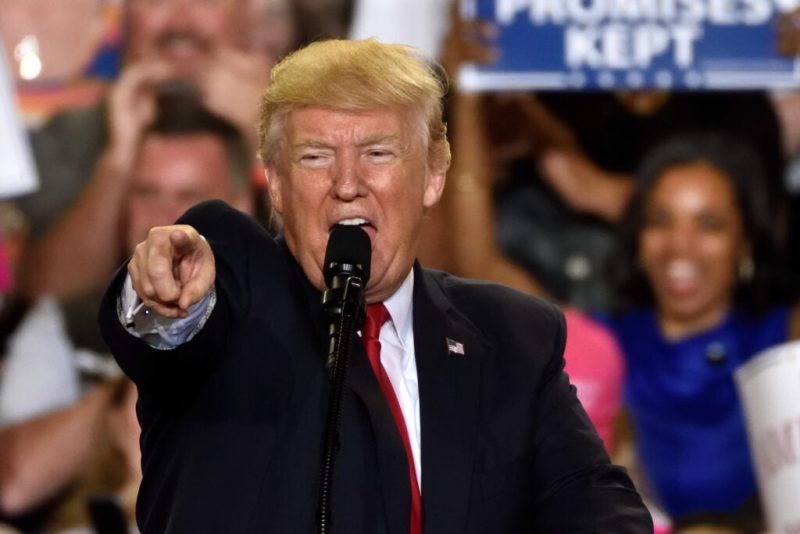
President Donald Trump’s administration has once again made headlines, this time for its intervention in the steel industry. Using the controversial ‘golden share’ authority, the administration prevented the closure of a U.S. Steel plant in Granite City, Illinois, a move that has sparked both praise and criticism.
The ‘golden share,’ a veto power over corporate decisions, was a condition of the White House’s approval for Nippon Steel’s $14.1 billion acquisition of U.S. Steel in June. This acquisition, initially lauded for its potential to boost the American steel industry and create jobs, had faced opposition from union leaders concerned about plant closures and increased foreign steel imports.
The Granite City plant, employing 800 workers, was slated for closure, with the company initially planning to continue paying employees even while the plant remained idle. However, Commerce Secretary Howard Lutnick intervened, contacting U.S. Steel CEO Dave Burritt and calling the plan to pay idle workers ‘nonsense’ in a CNBC interview. Following this intervention, U.S. Steel reversed its decision, citing a need for operational flexibility and stating its intention to keep the plant running.
This use of the ‘golden share’ highlights the significant influence the government can wield over major corporate decisions, particularly in sectors deemed vital to national security. The power was secured under a National Security Agreement with the U.S. Treasury and Commerce departments, ensuring some level of governmental oversight over the steel industry. While the move saved 800 jobs in Granite City, it raises broader questions about government intervention in the private sector and the long-term implications of such actions.
Union leaders, who had previously voiced concerns about the Nippon Steel acquisition, welcomed the decision to keep the plant open. Craig McKey, president of United Steelworkers Local 1899 at Granite City, expressed the workers’ willingness to continue working, regardless of the terms. This incident underscores the ongoing tension between economic realities, political intervention, and the concerns of workers in the American steel industry.
The ‘golden share’ provision, a testament to the deal’s complexity and the government’s commitment to protecting domestic steel production, undoubtedly adds another layer to the ongoing debate about the balance between free markets and national security interests. Whether this intervention sets a precedent for future governmental actions remains to be seen.










